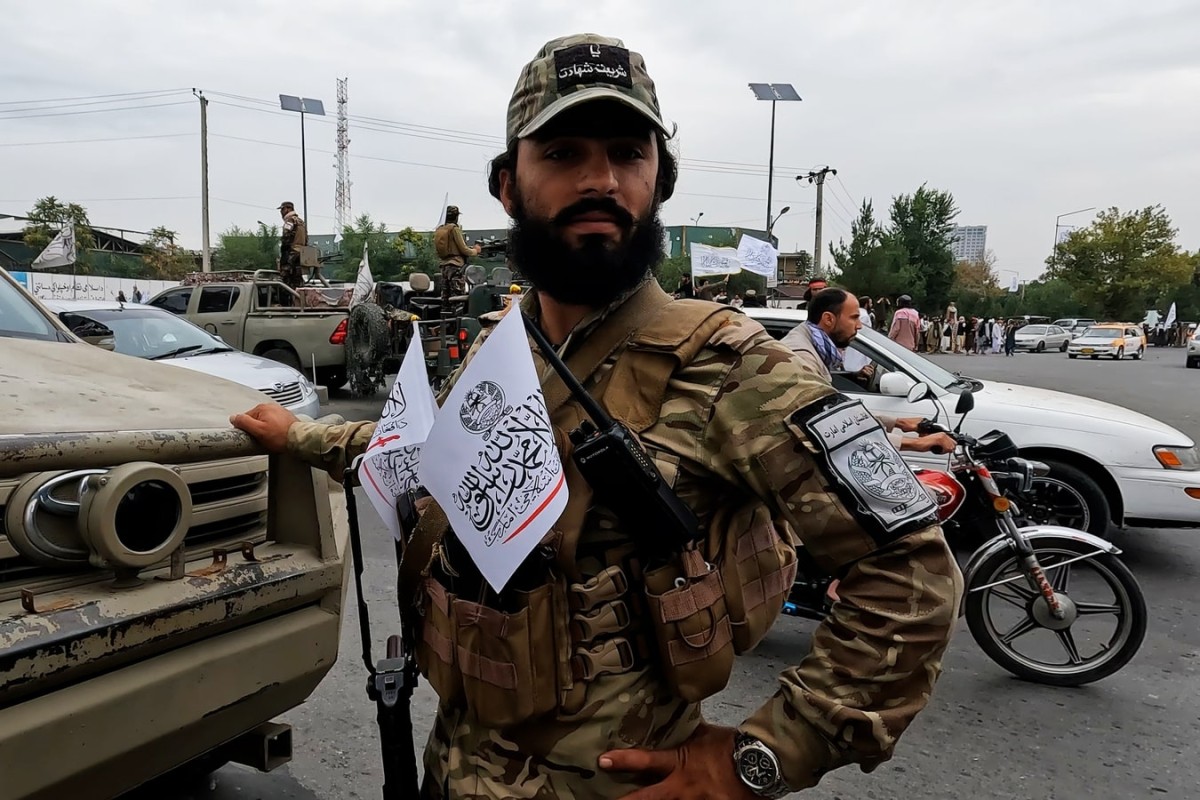Sponsored Content
Talks Between Austria and the Taliban on Deportations to Afghanistan
The Austrian Ministry of the Interior has held talks at the official level with representatives of the Taliban regime in Afghanistan to explore the possibility of returning rejected asylum seekers. A delegation consisting of two high-ranking officials from the ministry was in the Afghan capital Kabul for this purpose.
 Austria began talks with the Afghan Taliban regarding refugees. / Picture: © Wikimedia Commons /Callum Darragh/ CC0 1.0 Universal (CC0 1.0) Public Domain Dedication
Austria began talks with the Afghan Taliban regarding refugees. / Picture: © Wikimedia Commons /Callum Darragh/ CC0 1.0 Universal (CC0 1.0) Public Domain Dedication
According to the Ministry of the Interior, the talks were exclusively “technical-operational” and were neither diplomatically nor politically motivated. The main aim was to return Afghans who had committed crimes to their country of origin.
Afghanistan as a key country of origin
Afghanistan has been one of the main countries of origin for asylum…
or Log In
Fast News Search





